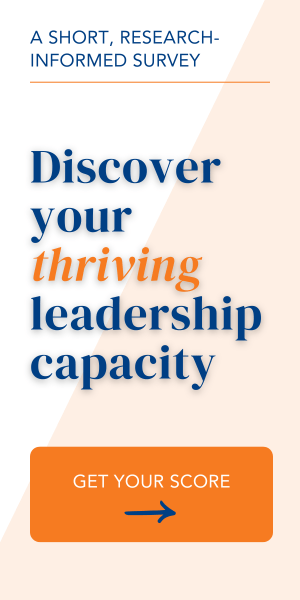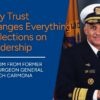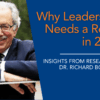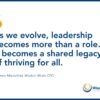[Guest blogger Nathan Roberson is the 2010-2011 Wisdom Works scholar. During his time at the University of Colorado at Boulder, he demonstrated leadership as Chairman of the Code of Conduct Committee, Co-director of A-9 Allergen Project, and president of the honor society Delta Epsilon Iota. Nathan is graduating summa cum laude in May.]
In my coursework, I have been continually asked to reflect on what it means to be a “holistic leader.” It wasn’t until working on my senior honors thesis—and reading George Lakoff’s The Political Mind—that I discovered that holistic leadership can really be described within a single value: empathy. Lakoff supposes that empathy creates the ties that bind society together, encouraging the development of a progressive system of politics and business. This rings true for me, since it is a commitment to empathy that encouraged me to “get on the bus” this summer.
As one of 40 Freedom Riders, in partnership with PBS, we’ll be encouraging civic activism for social justice causes. Fifty years ago Freedom Riders ventured into the South to challenge ongoing segregation and the legacy of Jim Crow laws. These peaceful protesters faced staunch public opposition, including violence. This year I will be retracing their original route as part of a coordinated effort to continue those historic efforts toward equality in society.
Lakoff uses a family metaphor to frame our political system, dividing society into “strict-father” and “nurturant-parent” philosophies. Although individuals are able to switch between the two philosophies given different circumstances, the idea is that a strict father acts as a disciplinary figure, employing punishment when necessary to correct self-discipline and character. By contrast, a nurturing parent is far more empathetic. When an infant cries, do you let them continue so they learn to be independent? Or do you comfort the child and seek to discover what is wrong? Certainly there is a balance between spoiling and neglecting, but the model holds true for civic justice.
Originally, I thought Lakoff’s model to be too simple, but I discovered its relevance in preparation for my Freedom Ride. I realized how central empathy is to my message. As I continue to strive for the breakdown of structural inequality, it is all too clear that I must start with empathy. It is not my job to “be the hero,” but instead to approach social justice issues by entering into solidarity with the marginalized so that together we can strive for justice. I choose empathy rather than the strict-father’s anthem of “pull yourself up by your boot straps!”
My point is not a political one; rather that leadership has traditionally been encouraged to be a strict father. When “leader” is used interchangeably with “delegator,” it becomes mere order-giving, followed by punishment of shortcomings. However, a nurturant-parent leader is one who is a servant leader, seeking to come alongside their organization and provide both guidance and collaboration toward success. I believe the principles of CSR (Corporate Social Responsibility) come from this model. CSR asks leaders to consider the costs, beyond sheer profit, and ensure that the bottom line does not compromise quality of life.
So as I prepare for the Freedom Rides, I am forced to ask myself, “What model will achieve social justice from an empathetic framework?” I’m interested in a model that will address all issues of equality, such as race, gender, sexual identity, and religion. The original freedom rides were not meant to be contrary for the sake of protesting, they were about identifying the humanity of those who suffer in our current system. Thus the answer to the model I’m seeking is clear: we need a holistic leadership model that puts people first.
Photo by papalars






